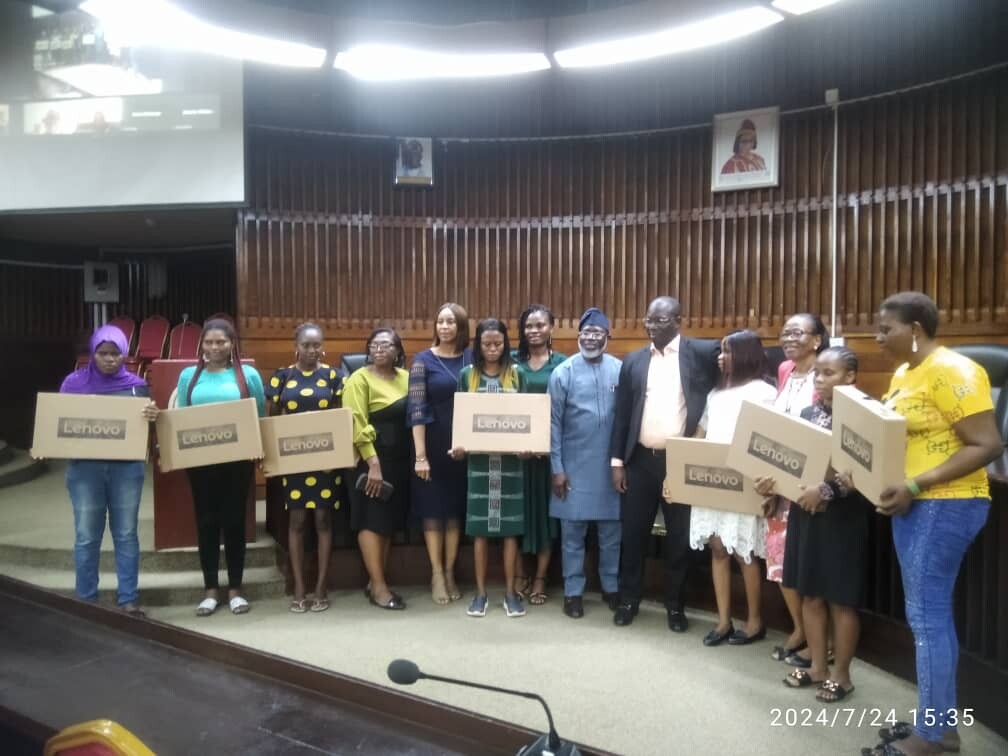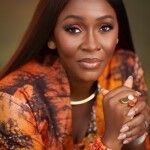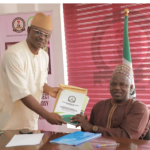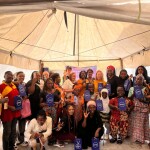Almost 24 years after graduating from UNILAG, a Nigerian scholar at the University of Sussex, UK, has urged his alma mater to take inclusion beyond charity.
For over three decades, the federal university has been open to PWDs, especially those with visual impairments.
And in doing that, Michael Fadeyi noted, the school has graduated many blind students, including past and present chairmen of the Nigeria Association of the Blind (NAB), Lagos. There are others from the physical and the deaf clusters, too.
But the tack the university takes so far in giving access to students with disabilities has not impressed Fadeyi.
“It is sad to note that the university is yet to have a standard policy on diversity and inclusion,” he said.
The disability scholar was addressing (virtually) an audience comprising Professors Bola Oboh (DVC)and Musa Obalola(Dean of Student Affairs), NAB leaders, students, and cluster leaders during an empowerment programme for blind female undergraduates at UNILAG July 24.
“The implications of not having a policy are numerous.”
According to him, a lecturer in the mass communication department once told him and others in class that blind students could not study the course though the department had graduated many blind students.
“For many years, blind candidates were denied the opportunity of studying mass communication,” he said, coupling the experience with a friend of his who crawled upstairs for lectures. The school said it could not relocate the lecture room to the ground floor because of one person. Another lecturer also told a blind lady asking for detailed description of diagrams to stop being bothersome because he didn’t get her blind.
“This was very undignifying,” the former broadcaster said.
Nigeria’s Discrimination Act, in section 18, provides that: All public schools, whether primary, secondary, or tertiary shall be run to be inclusive and accessible to persons with disabilities.
Its subsections also provides for trained personnel and special facilities for effective education of PWDs.
But UNILAG, as accommodating as it appears, has yet to implement many of these provisions as a matter of obligation—and in respect of the rights of the PWDs. The beneficiaries of the school’s large-heartedness—hostel accommodation and a braille library service that might swing with the mood of the management—should therefore demand no rights, but be grateful for small mercies.
The initiatives are all noble, he admitted. And he also appreciated some of the school’s academic staff, including Obalola, his course mate, and others for always going out of their ways.
“Nevertheless, having an inclusive policy will do everyone a lot of good,” he said.
NAB’s chairman Lukman Salami also praised the institution—of all universities in Nigeria—for all it has been doing for the PWD community, right from his time as a law undergraduate.
But he wasn’t saying all is well in terms of disability policy formulation and implementation.
“Even if it’s just a department under the DSA that will be administering disability affairs. We can be coming to serve in advisory capacity,” the lawyer said before join others in the award presentation.
All the recipients, including some from the University of Ilorin and others, collected JAWS-enabled laptops and scholarships.
Fadeyi urged them to make the best use of the opportunities to excel in a society that ‘believes PWDs are the problem’.
He donated a braille press and medical equipment to the state chapter of his association last year. The BO Foundation for Inclusive Media coordinated his 2024 support for the community.







